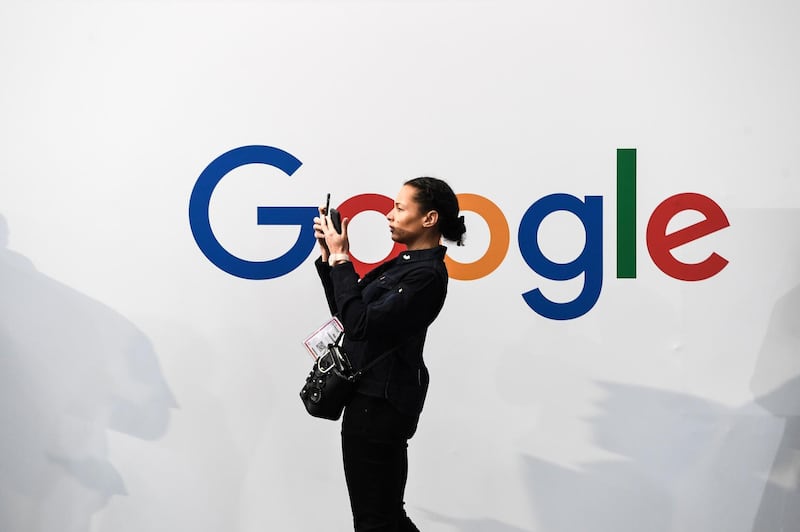Google and Facebook are facing a regulatory crackdown in Australia to rein in their market dominance, adding to a barrage of global action against the technology giants.
A final report from Australia’s competition watchdog released on Friday called for greater antitrust scrutiny of the dominant US tech companies, recommending penalties and deterrents be imposed for inappropriate storage and use of personal data and breaches of consumer and competition laws.
“The world has never before seen so much commercially sensitive and personal data collected and aggregated in just two companies,” treasurer Josh Frydenberg told reporters in Sydney. The government will hold a 12-week public consultation and announce potential new regulations by the end of the year, he said.
The recommendations from the Australian Competition and Consumer Commission follow attempts by regulators worldwide to loosen the companies’ grip on everything from advertising and search engines, to news, data and elections. The European Union has fined Google €8.2 billion ($9.1bn) over the past two years for antitrust violations, while on Wednesday Facebook agreed to a $5bn settlement in the US over privacy concerns.
Facebook faces a slew of regulatory investigations and potential antitrust scrutiny in its home country, and on Thursday the Federal Trade Commission said it’s investigating whether the company violated antitrust laws through social media, digital advertising, and mobile applications.
The ACCC has previously laid bare the control that Alphabet-owned Google and Facebook, the country’s most-visited websites, exert over Australia’s 25 million-strong population. At least 94 per cent of online searches in Australia go through Google, the watchdog said in December. And each month, 17 million locals access Facebook, 17 million watch Google-owned YouTube, and 11 million access Instagram, which is owned by Facebook.
Facebook and Instagram together draw about 46 per cent of Australian display advertising revenue. No other website or application has more than 5 per cent, according to the ACCC.
The 23 recommendations delivered in the final report include updating merger laws to recognize the importance of data; setting up a specialist unit within the ACCC to probe conduct by digital platforms; introducing a privacy code specifically for such companies; and stronger action against copyright infringement.
The report is consistent with action taken in the US and EU, but appears to go further, said Rob Nicholls, a senior lecturer at the University of New South Wales Business School in Sydney. “It’s the leading edge,” said Mr Nicholls, who researches competition law. “The ACCC has proved itself to be the most effective enforcement regulator in Australia.”
The watchdog found that Google and Facebook’s market power “distorted the ability of businesses to compete”, said that consumers have little idea about how their data is collected and used, and, as in many other nations, Australians had been hit by disinformation and consequently had a “rising mistrust of news.”
It said there was a lack of transparency in how key algorithms function at Google and Facebook and how they rank and display adverts. The regulator said the companies’ advertising dominance had led to cuts at traditional publishers, and fewer journalists working to expose corruption and hold governments and institutions to account.
Google said it had “engaged closely” with the ACCC throughout the inquiry and would continue to do so with the government. Facebook said it was “important to get the rules for digital news distribution right” as they could impact Australians and small businesses who use the platform.
The Digital Industry Group, an Australian consortium of tech companies whose members also include Twitter and Amazon, urged the government to consider how the recommendations could hinder tech innovation and Australia’s global standing as a place to invest in technology.
US lawmakers have lambasted Facebook for failing to stop a flood of Russian propaganda during the 2016 election, while President Donald Trump has repeatedly complained about supposed bias against conservatives at social media companies and has said the US government should sue Google and Facebook for unspecified wrongdoing.
Social media companies have also come under fire for allowing violent and extremist material to spread too easily after the New Zealand mosque massacres in March were live-streamed on Facebook. G-20 leaders meeting in Osaka in June called for online platforms to do more to prevent and detect such content.






